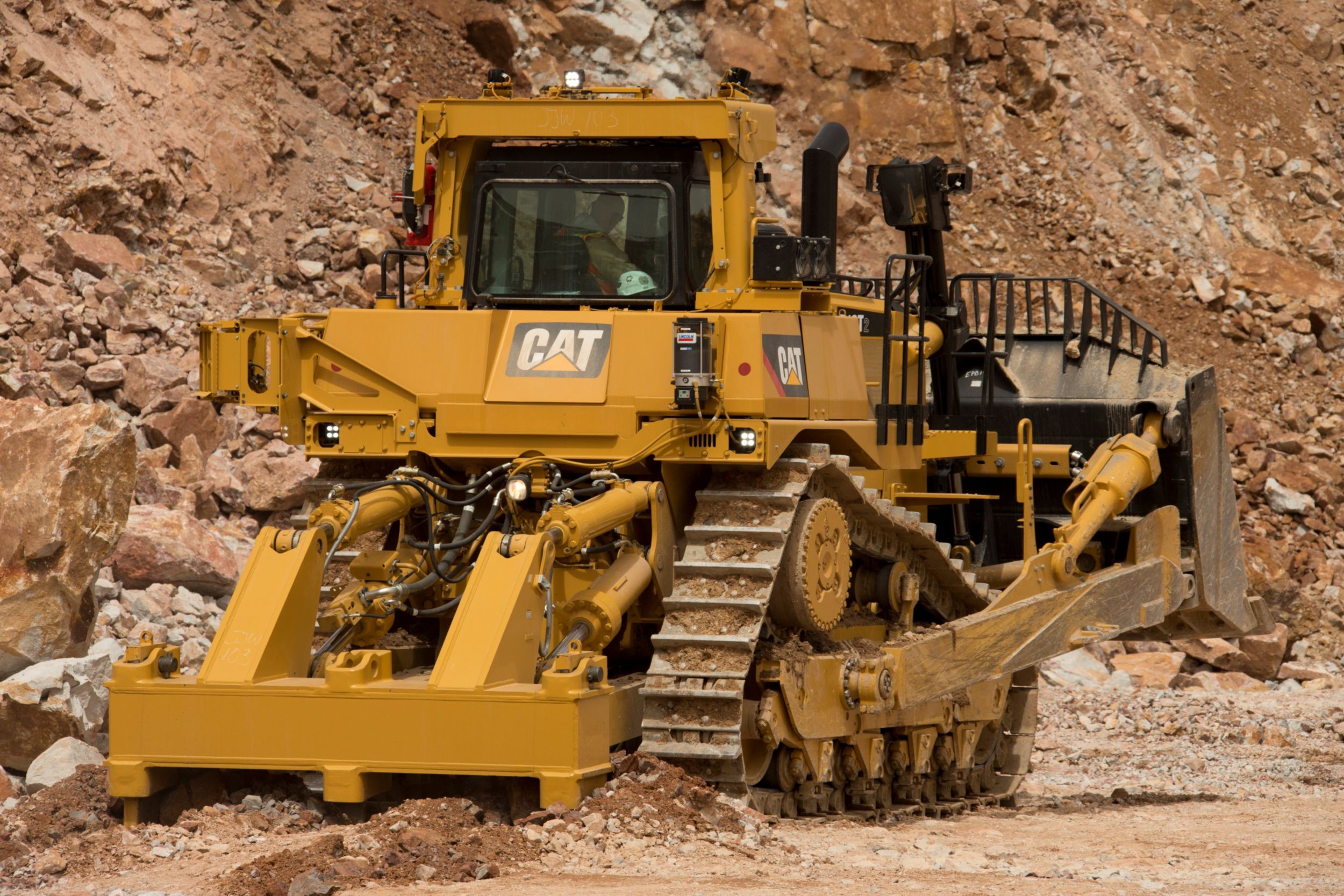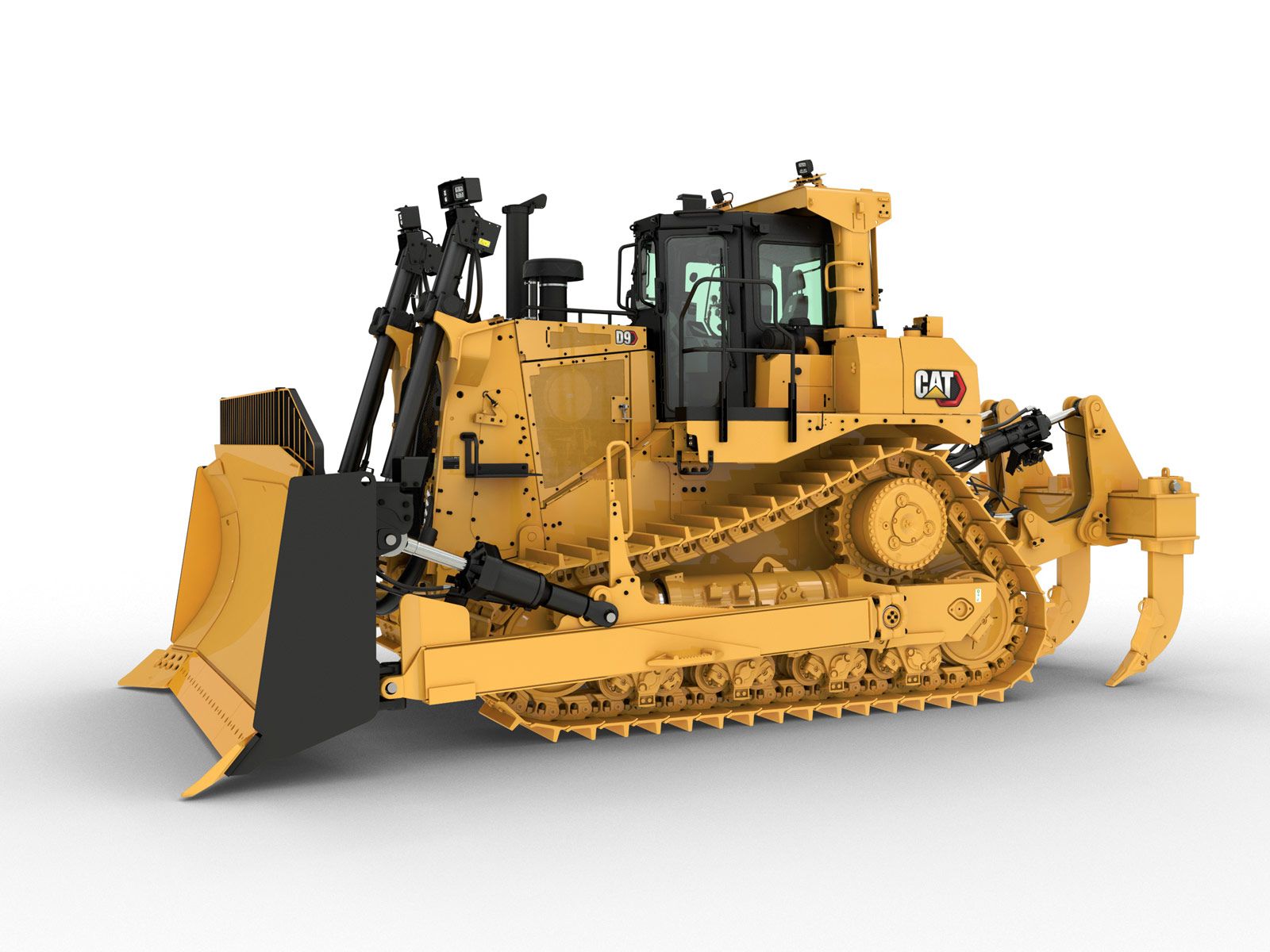Exploring The World Of Dozers: Powerful Machines For Heavy-Duty Tasks
Dozers, also known as bulldozers, are powerhouse machines that play a crucial role in various industries, particularly in construction and mining. These massive vehicles are equipped with a wide, flat blade that can push large quantities of soil, sand, or debris, making them indispensable for heavy-duty tasks. From clearing land to grading surfaces, dozers are engineered for efficiency and strength, embodying the essence of heavy machinery.
As the demand for construction and infrastructure development continues to rise, dozers have become increasingly sophisticated. Modern dozers are not just about brute force; they come equipped with advanced technology that enhances their functionality and ease of use. Operators can now enjoy features like GPS systems for precise grading, rearview cameras for improved safety, and emission control technologies that reduce environmental impact.
In this article, we will delve deeper into the fascinating world of dozers, exploring their types, functions, and why they are essential in the construction industry. We will also answer some common questions about these machines, providing insights into their operation and significance in various projects.
What Are the Different Types of Dozers?
Dozers come in various types, each designed for specific tasks and applications. Here are some of the most common types of dozers:
- Universal Dozer: Known for its versatility, it can handle a variety of tasks from grading to pushing.
- Mini Dozer: Smaller in size, ideal for light-duty tasks and confined spaces.
- Wheel Dozer: Features wheels instead of tracks, offering better mobility on hard surfaces.
- Crawler Dozer: Equipped with tracks, providing superior traction on uneven terrain.
How Do Dozers Operate?
Dozers are designed for ease of operation, allowing skilled operators to manipulate the machine with precision. The key components involved in the operation of a dozer include:
- Blade: The large metal plate at the front, used for pushing materials.
- Tracks or Wheels: Provide mobility and stability on various terrains.
- Operator's Cabin: Equipped with controls for maneuvering the dozer.
What Industries Use Dozers?
Dozers are utilized across numerous industries, including:
- Construction: For site preparation, grading, and land clearing.
- Mining: To move earth and prepare mining sites.
- Agriculture: For land leveling and soil management.
- Forestry: To clear land for timber production.
Why Are Dozers Important in Construction?
Dozers play a vital role in construction projects by:
- Enhancing Efficiency: They can move large volumes of earth quickly, speeding up project timelines.
- Improving Safety: Their capabilities reduce the need for manual labor in hazardous environments.
- Versatility: Capable of performing multiple tasks, dozers eliminate the need for various machines.
What Are the Key Features of Modern Dozers?
Modern dozers are equipped with innovative features that enhance their performance:
- GPS Technology: For precise grading and project management.
- Emission Control: Reducing the environmental impact of heavy machinery.
- Ergonomic Designs: For operator comfort and safety.
How Do You Choose the Right Dozer for Your Project?
Selecting the right dozer depends on several factors:
- Project Size: Larger projects may require more powerful machines.
- Terrain Type: Crawler dozers are preferable for rugged terrain.
- Budget: Consider both purchase and operational costs.
Biography of a Dozer Operator: Meet John Smith
| Name | John Smith |
|---|---|
| Age | 35 |
| Experience | 10 years |
| Location | California |
| Specialization | Heavy Equipment Operation |
John Smith is a seasoned dozer operator with over a decade of experience in the construction industry. Based in California, he has worked on numerous high-profile projects, from residential developments to large commercial sites. John's expertise in handling various types of dozers has made him a valuable asset to his team, ensuring that projects are completed efficiently and safely.
What Skills Are Required to Operate a Dozer?
Operating a dozer requires a combination of technical and soft skills:
- Technical Proficiency: Understanding the mechanics of heavy machinery.
- Attention to Detail: Precision in grading and material handling.
- Problem-Solving Skills: Ability to adapt to changing site conditions.
What Is the Future of Dozers in the Construction Industry?
The future of dozers looks promising, with advancements in technology paving the way for more efficient and environmentally friendly machines. Innovations such as autonomous dozers are already being tested, which could revolutionize the way construction projects are managed. As the industry evolves, dozers will continue to be integral to heavy-duty tasks, adapting to meet the demands of a sustainable future.
In conclusion, dozers are more than just machines; they are the backbone of the construction industry. Their ability to handle tough tasks efficiently and safely makes them essential for any major project. Whether you are a seasoned operator like John Smith or someone new to the field, understanding the intricacies of dozers can enhance your expertise and appreciation for these incredible machines.
Article Recommendations
- Anant Real Name
- Matthew Manda Wikipedia
- Skyes In 2022
- Taylor Heinicke Girlfriend
- Taylor Heinicke Wife
- Matt And Abby Cruise
- Google Position Tool
- Christadler Cvc
- Elvis Daughter
- David Muir Marriage Pics


